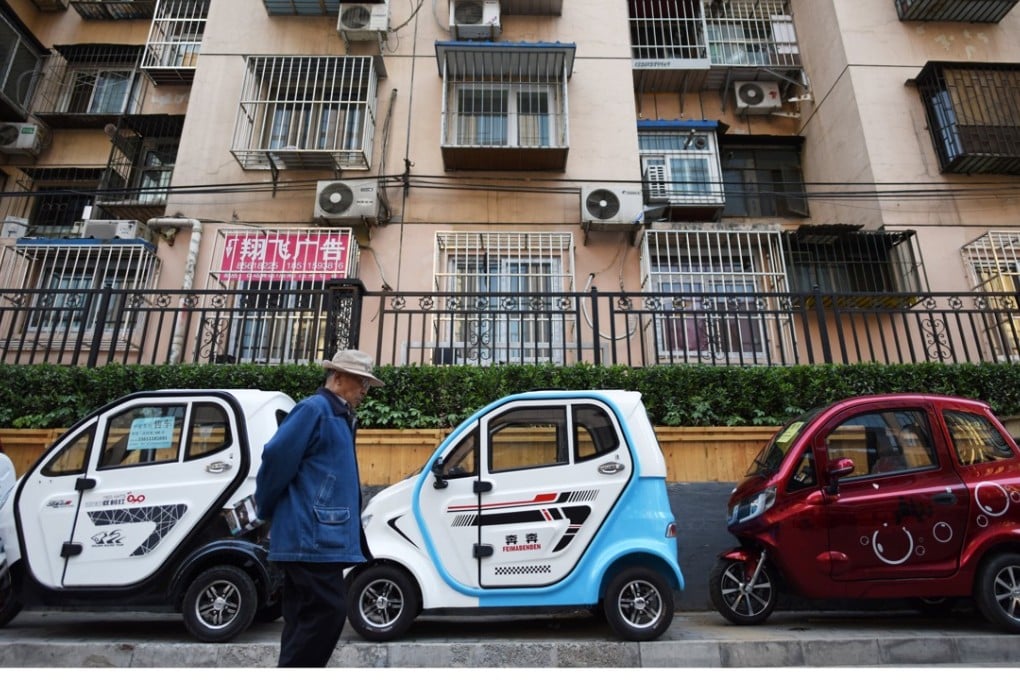Abacus | Beijing’s grand plan for electric cars: looks good, but under the bonnet ...
China’s electric vehicle industry seems to be well on the road to global dominance. Dig a little deeper and the figures are less impressive than they first appear

To true believers it is a demonstration of the economic superiority of central planning. In 2015, Beijing declared its plans to dominate the world’s electric car industry by the year 2025. And to benchmark progress it set targets: in 2016 Chinese car manufacturers would sell 500,000 electric vehicles into the domestic market.
Sure enough, last year, China sold half a million electric vehicles, making it by far the world’s biggest market. About 340,000 of those were passenger cars, the rest were mostly buses. In contrast, manufacturers in the world’s second largest market, the United States, shifted just 155,000 electric passenger cars.
What is more, China’s electric vehicles are manufactured overwhelmingly by locally owned producers, not foreign joint ventures, and they are based on Chinese technologies. Last year China’s leading electric vehicle maker, Shenzhen-based BYD, turned out 100,000 cars. The leader in the US, Tesla, managed to sell 76,000 into its home market.

Dig a little deeper, however, and the growth of China’s electric vehicle industry is rather less impressive than it first appears.
The rapid increase in electric car sales has been powered by generous government subsidies and incentives. Last year, China’s central government offered subsidies of 30,000 yuan (HK$35,000) to buyers of plug-in hybrid cars, and as much as 55,000 yuan to purchasers of pure electric cars. Some local governments offered additional subsidies of the same amount, to total 60 per cent of the vehicle’s sticker price.

